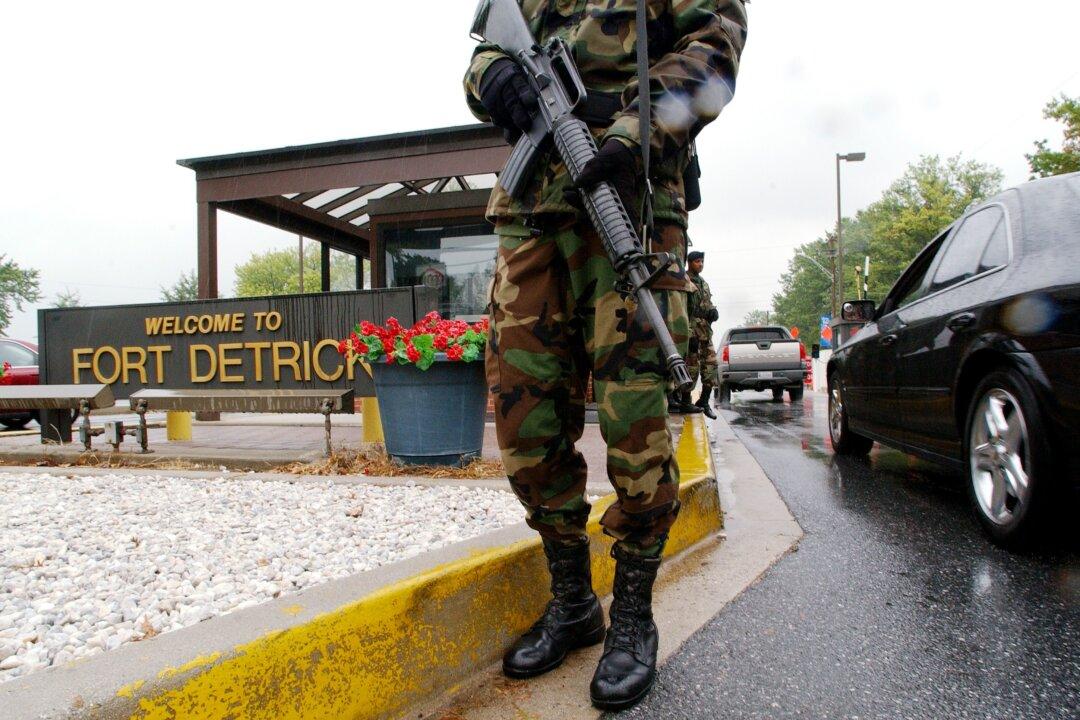Russian officials last week repeated allegations that U.S. government agencies were running clandestine biological weapons programs in Ukraine—claims vigorously denied in the past by Washington, Brussels, and Kyiv.
On Aug. 17, Konstantin Vorontsov, a Russian Foreign Ministry official, reiterated Moscow’s demand that Washington provide information on its alleged “military-biological activities outside U.S. territory … including areas close to Russia’s borders.”





